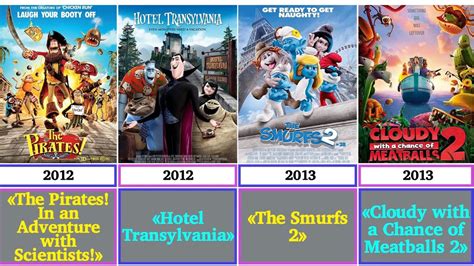From 1959 to 2024: A Lifetime in Years
The span from 1959 to 2024 represents more than just a numerical timeline; it encapsulates a lifetime – a period of profound societal, technological, and cultural shifts. This journey through time allows us to reflect on the remarkable changes experienced across six decades, impacting everything from global politics to personal lives. This article explores this significant period, examining key events and trends that defined the era.
What major historical events happened between 1959 and 2024?
This period witnessed pivotal moments in world history. The Cold War dominated the early years, culminating in the Cuban Missile Crisis (1962), a terrifying brush with nuclear annihilation. The assassination of President John F. Kennedy in 1963 sent shockwaves across the globe, while the subsequent Vietnam War (1955-1975) profoundly shaped American foreign policy and domestic discourse. The fall of the Berlin Wall in 1989 marked the beginning of the end for the Soviet Union, signifying a monumental shift in the global political landscape. More recently, events like the September 11th attacks (2001) and the ongoing impacts of climate change have underscored the complexities and challenges of the 21st century. This timeframe also saw the rise and fall of various political ideologies and the emergence of new global powers.
How did technology evolve from 1959 to 2024?
The technological advancements from 1959 to 2024 are nothing short of astounding. The early years saw the dawn of the space race, culminating in the moon landing in 1969 – a moment that captured the world's imagination and spurred further technological innovation. The subsequent decades witnessed the rise of personal computing, the internet revolution, and the proliferation of mobile devices. The transition from bulky mainframe computers to sleek smartphones represents a dramatic shift in accessibility and connectivity. This period also saw groundbreaking advancements in medicine, biotechnology, and communication technology, fundamentally altering the way we live, work, and interact.
What were the significant cultural changes during this time?
The period from 1959 to 2024 witnessed seismic shifts in cultural norms and values. The Civil Rights Movement in the United States challenged racial segregation and inequality, leaving a lasting impact on social justice movements globally. The feminist movement fought for gender equality, achieving significant strides in women's rights. The rise of counterculture movements in the 1960s and 70s challenged established societal norms, while globalization led to increased cultural exchange and hybridization. Music, fashion, and art all underwent dramatic transformations, reflecting the changing social landscape.
How did daily life change for people born in 1959?
A person born in 1959 would have experienced a lifetime of remarkable change. Their childhood would have been defined by a different technological landscape compared to today's youth. They likely witnessed the transition from analog to digital, experiencing life before the widespread use of computers and the internet, and then navigating the ever-increasing technological advancements of subsequent decades. Their career paths would have been shaped by different economic and technological opportunities compared to previous generations. Their understanding of global events and social issues would have been dramatically shaped by the historical events outlined earlier.
What were the major economic shifts between 1959 and 2024?
The economic landscape has seen massive fluctuations across this period. The post-war economic boom of the 1950s gave way to periods of recession and economic uncertainty. Globalization led to increased interconnectedness and interdependence among nations, but also sparked debates about economic inequality and fair trade practices. The rise of new economic powers, such as China and India, significantly altered the global economic order. Technological advancements have both created new industries and disrupted existing ones, leading to significant shifts in employment and economic opportunity.
What are some of the biggest challenges facing society today that have roots in this period?
Many of the challenges facing society today have their roots in the period between 1959 and 2024. Climate change, for example, is a direct result of industrialization and unsustainable practices that have accelerated since the mid-20th century. Economic inequality and social justice issues remain pressing concerns, linked to historical patterns of discrimination and uneven economic growth. The proliferation of misinformation and the challenges of managing technological advancements require careful consideration and innovative solutions.
In conclusion, the journey from 1959 to 2024 encompasses a remarkable period of human history, defined by profound change and unprecedented technological advancements. Understanding this historical context is essential to navigating the complexities of the present and shaping a better future. The interconnectedness of events, the ripple effects of societal shifts, and the enduring legacy of this era deserve continued examination and reflection.

